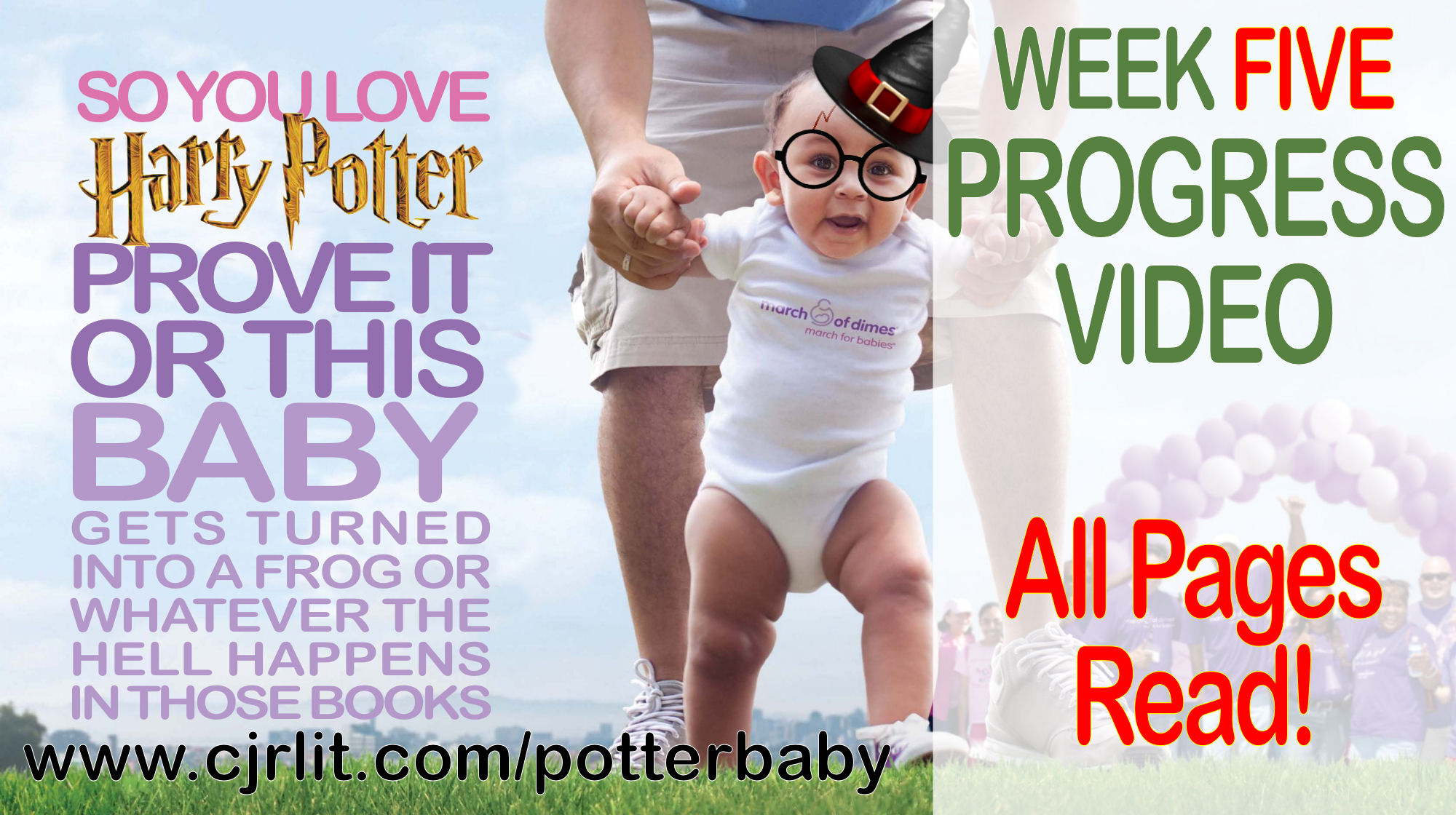It’s Okay to Hate Google Stadia.
People who hate Stadia used to bother me. I like Stadia. But I also like Playstation, Xbox, Nintendo and any other company that wants to contribute to this wonderful world of video games that I love so much. My annoyance wasn’t so much due to an affinity for Stadia specifically. I was annoyed because this new thing, Stadia in this case, resurfaced armies of closed-minded dorks. And those close-minded dorks would inevitably stir up blind supporters and their bickering would bring forth a brand new war fought mostly by the uninformed while disinterested or semi-interested bystanders avoided the warring factions like trying to side-step around a person asking for your signature to support some cause you realize is probably important but not more important than avoiding talking to a stranger about that cause.
Basically, what I’m saying is that when Google arrived with Stadia, some full on embraced the new technology, some fought vehemently against the new technology, and some took a sideline to see what would happen.
I’m here to tell you, all three stances are important. That’s right. Stadia haters are needed. Blind devotees are needed. Passive onlookers are needed.
First, let’s look at the passive onlookers, as they are the easiest to assign a role to. Their role is simply to ask honest questions. They are often uninformed, and honestly often uninterested, so they are able to ask honest questions about Stadia without risk of reprimand or reprieve. When your friend and non-gamer, a Passive onlooker, asks a question like “why do you think Stadia is better than Playstation,” this is an opportunity for Fans and Critics to test out responses and depending on how those response are received, refine those responses, so that next time those fans and critics don’t sound like idiots.
So, if your passive onlooker friend says “what is good about stadia,” and your response is “everything. All other gaming services are dumb,” then you need to come up with a better argument. Thank you. Passive Onlooker.
Passive onlookers essentially act as the oil that tempers the steel on both sides of the war.
Of course, some fans and critics will embrace that opportunity to be a better fan or critic….and some won’t. Not everyone is open-minded. And honestly, the close-minded fans and critics interest me more. So, I’m going to use the terms Fanatics for close-minded fans, and Haters for close-minded critics.
The role of the fanatic is to mine all of the company rhetoric for positivity. No matter what objectively bad move the company may take, a fanatic will spin it into a positive. Fanatics can see the good where the marketing may be flawed. Using a gardening metaphor—because my viewership is mostly gardeners—Fanatics are willing to put in the effort to pull weeds from the garden to showcase the grand prize cucumber, even if the gardener doesn’t seem that interested in healthy produce for some reason.
A company should look to fanatics as positive motivation, a reason to keep going even in the worst of times.
Now let’s look to the haters. Haters are the most interesting group to me, of the three groups, and is the one most often dismissed as unnecessary or even dangerous. But they aren’t always unnecessary or dangerous. They are actually very important.
Haters are definitely the most polarizing of the three groups because they tap directly into our identities as fans of the hated thing. Fanboy isn’t just a word people throw around in pop culture cliques. It’s actually a very powerful psychological force. Fanpersonism is responsible for our visceral reaction when people say bad things about the stuff we love.
When we become a fan of something, sometimes we become such a fan that it becomes part of how we identify as a person. We buy t-shirts featuring our fandoms so we can promote who we are to strangers. That’s pretty weird, if you think about it. We want strangers to know about what video game or band we love more than we want to be able to introduce those things to the strangers ourselves. In that way, a person’s first experience with us is often our fandoms. Fandoms are that important to some of our personalities.
So when someone attacks that logo on our t-shirt, it hurts. Jamie Madigan, in his amazing book Getting Gamers: The Psychology of Video Games and Their Impact on the People who Play Them sums this up beautifully like this:
“It hurts, because an attack on that gaming platform or that franchise feels like a criticism of our own concept of who we are.”
(pg 49)
Haters are especially powerful because not only are they attacking us personally–literally, it’s a personal attack, remember–they are also falling victim to their own fanpersonism. Often, especially in the world of Youtube where every person has their own brand and their own following, part of a person’s personality includes actively distancing themselves from off-brand fandoms. A self-described Nintendo channel, for example, is more likely to dismiss anything that’s not Nintendo simply because Nintendo is part of their personality. Nintendo is who they are, which means Stadia or Playstation or Xbox cannot be who they are.
The role of the hater is to highlight areas for improvement, often related to the marketing of the fandom, especially at the beginning of the fandom’s life, when marketing is most important. Stadia, being such a new fandom, should embrace the haters as essentially free R&D. Haters are a wonderful fountain of data, the kind of data that lesser known companies will spend thousands of dollars sourcing through marketing testing initiatives. Think about it like this: I could spend money getting a survey company to ask the question: do you like this video? Or I could just look at the thumbs up and thumbs down counts under the video.
A company, Google in this case, should look to haters as a check on marketing. Of course not all haters have valid points. Often haters put their own vitriol and brand in front of reason and research, but a smart company will weed through that. If a lot of people are staying Stadia sucks a smart company will respond with better messaging or a better product.
In other words haters act as cannons that fire holes in defensive and offensive weaknesses.
So for every video you watch from a youtuber who makes a snide comment about Stadia’s low player base or reveals their ignorance by repeatedly claiming that Stadia requires a subscription, don’t get angry. Just take comfort in the fact that these criticisms are highlighting problems with Google’s marketing of Stadia. And if Google really is in it for the long haul, they will respond to the vocal haters, not directly, but with refined messaging. Those haters will likely never change their public opinion (see Fanpersonism from earlier), but remember that the role of a hater is not to change, but to highlight areas for improvement in a very direct, very efficient way.
Similarly, for every video you watch from a youtuber who gushes about Stadia with blind praise, don’t get angry. Just take comfort in the fact that such praise highlights positive aspects that, if Google really is in it for the long haul, will support and iterate upon during Stadia’s life, thus making the service better by keeping it strong where it’s already great. Those fanatics will likely never change their public opinion, but again, the role of a fanatic is not to change, but to highlight areas of strength and provide positive motivation.
Music credits
- Bossa Antigua by Kevin MacLeod, Link: https://incompetech.filmmusic.io/song/3454-bossa-antigua, License: http://creativecommons.org/licenses/by/4.0/
- Pump Kevin MacLeod (incompetech.com), Licensed under Creative Commons: By Attribution 3.0 License, http://creativecommons.org/licenses/by/3.0/


